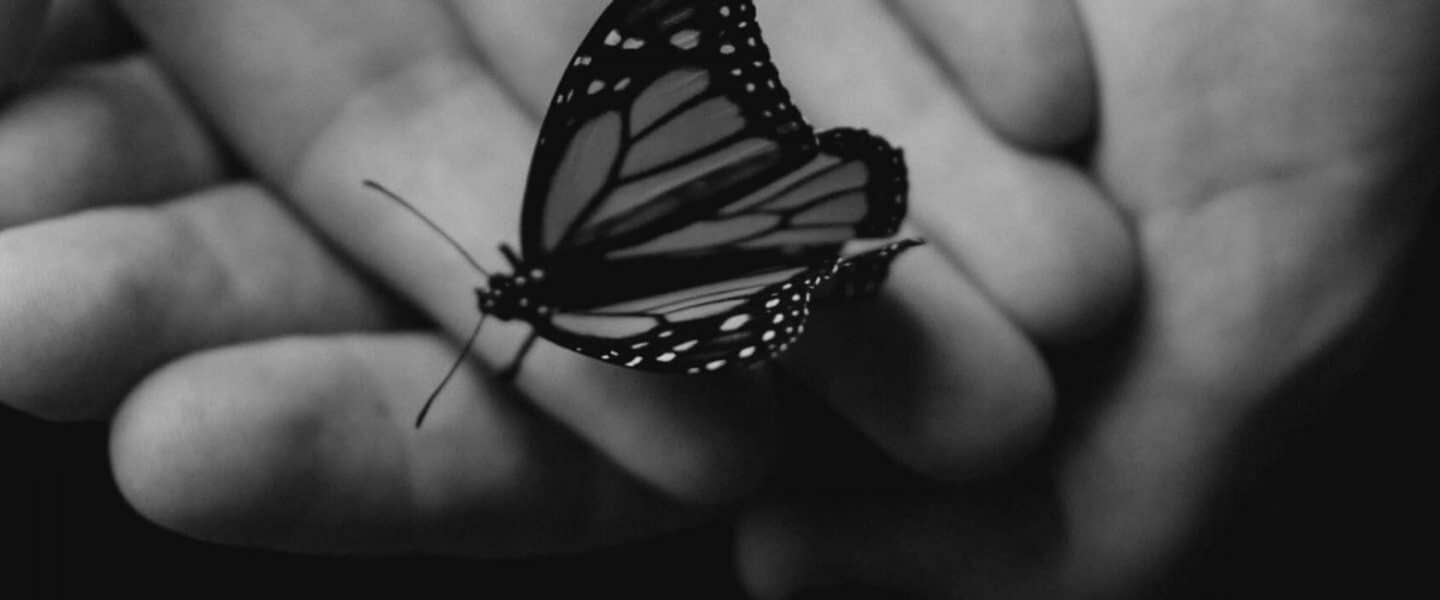Could we experience freedom in forgiveness? One can’t deny the hurt that can result from someone’s actions or words. Regardless if it was intentional or unintentional. To each person, forgiveness holds a different meaning, and my intent is not to tell you how to forgive but rather to show you why there is freedom in forgiveness.
Before I get into the benefits of forgiveness, I wanted to touch on what forgiveness is not. Forgiveness is not becoming a doormat, nor is it allowing the person or persons to continue hurting you, especially if there is a pattern in their behaviour. Forgiveness is not permitting those involved to do it again, and it’s not putting yourself in harm’s way. Forgiveness is not denying your feelings and saying it didn’t hurt, nor pretending that it has ever happened.
Studies have shown that forgiveness makes you happier and healthier. On the other hand, unforgiveness can affect your health. It can make you more vulnerable to disease and raise your blood pressure, putting a strain on your heart in the long term. Unforgiveness can also affect your relationships and how you relate to your nearest and dearest. Marianne Williamson quoted, “Unforgiveness is like drinking poison yourself and waiting for the other person to die”. Could it be that forgiveness benefits you more than anybody else?
Depending on what kind of hurt you have experienced, it may take some time to unpack the feelings that are associated with the event. Forgiveness is usually not a one-time event, but a choice to no longer carry the burden of the offence. It may be helpful to speak to someone you trust or find a counsellor to walk alongside you. Going back and visiting past or even present hurts can sometimes be traumatic, and it may not be wise to do so alone or before you are ready. I wish you all the best for the days ahead. Until next time. C
Recommended Resource: Forgiveness Episode

